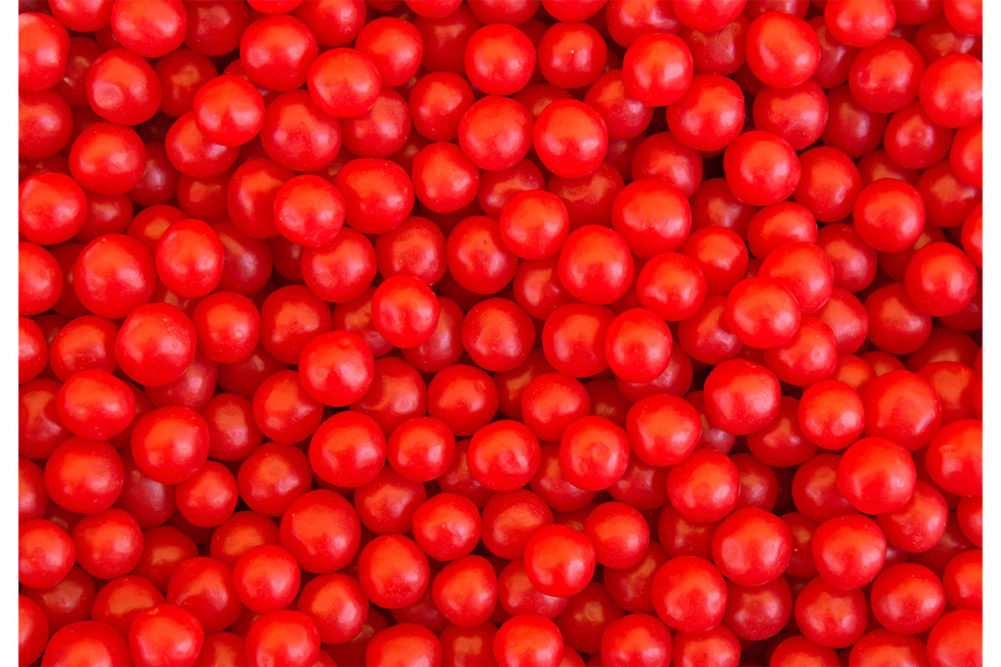CHICAGO — Interstate trading in the food and beverage industry could become more complicated in the next few years. A California law banning four food ingredients will go into effect Jan. 1, 2027, and bills in five other states deal with ingredient bans.
Speakers at a Feb. 16 Institute of Food Technologists’ webinar talked about the legislative actions and how the US Food and Drug Administration possibly could clear up the situation.
“This patchwork of several states having their own banned additive on a list makes it very difficult for food manufacturers to sell things in interstate commerce,” said James R. Coughlin, PhD, a consultant and president and founder of Coughlin & Associates. “We cannot prepare foods just for the state of California or Indiana or Illinois as we go along. The idea is to put the trust in the federal system. States are in contact with federal agencies. I would urge for some of these states to check in with federal leadership.”
The California law will ban potassium bromate, red No. 3, propylparaben and brominated vegetable oil. Senate bill 2637 in Illinois and House of Representatives bill 1921 in Washington address the same four ingredients while Senate bill S6055A in New York adds a fifth ingredient, titanium dioxide.
The FDA allows titanium dioxide, a colorant, in food. The European Food Safety Authority banned its use based on hazard assessment and precautionary principle, which makes it easier to ban ingredients, said Craig Llewellyn, PhD, principal scientist for Exponent.
“If there is uncertainty in the science, it depends on the eyes of that individual or group, and that can lead to activities that go against what the prevailing science indicates,” he said.
There is no definition of precautionary principle, but there is regulatory language in the European Union, he said.
“There is no way of demonstrating absolute safety of anything,” Llewellyn said.
The FDA already has received citizens’ petitions seeking to remove titanium dioxide and red No. 3 from the US food supply.
“My hope would be that the science for both of those would prevail and not lead to the loss of those two chemicals,” Coughlin said.
High-fructose corn syrup is in question in Indiana where House of Representatives 1074 seeks to ban it,
“The bottom line is high-fructose corn syrup is not in any way different, in terms of a toxicological perspective, than any other nutritive sweetener with a similar type of glucose-fructose makeup,” Llewellyn said.
Potassium bromate is an oxidizing agent used as a food additive, mainly in the bread-making process, and propylparaben is used as preservative in foods.
Brominated vegetable oil (BVO) is used in citrus-flavored beverages, but many manufacturers who used BVO in their products stopped doing so about a decade ago, Llewellyn said.
“So carbonated soft drinks that were the major exposure point for consumers for BBO ceased to use that ingredient,” he said. “So in essence, there was an abandonment by the industry on use of BBO.”




